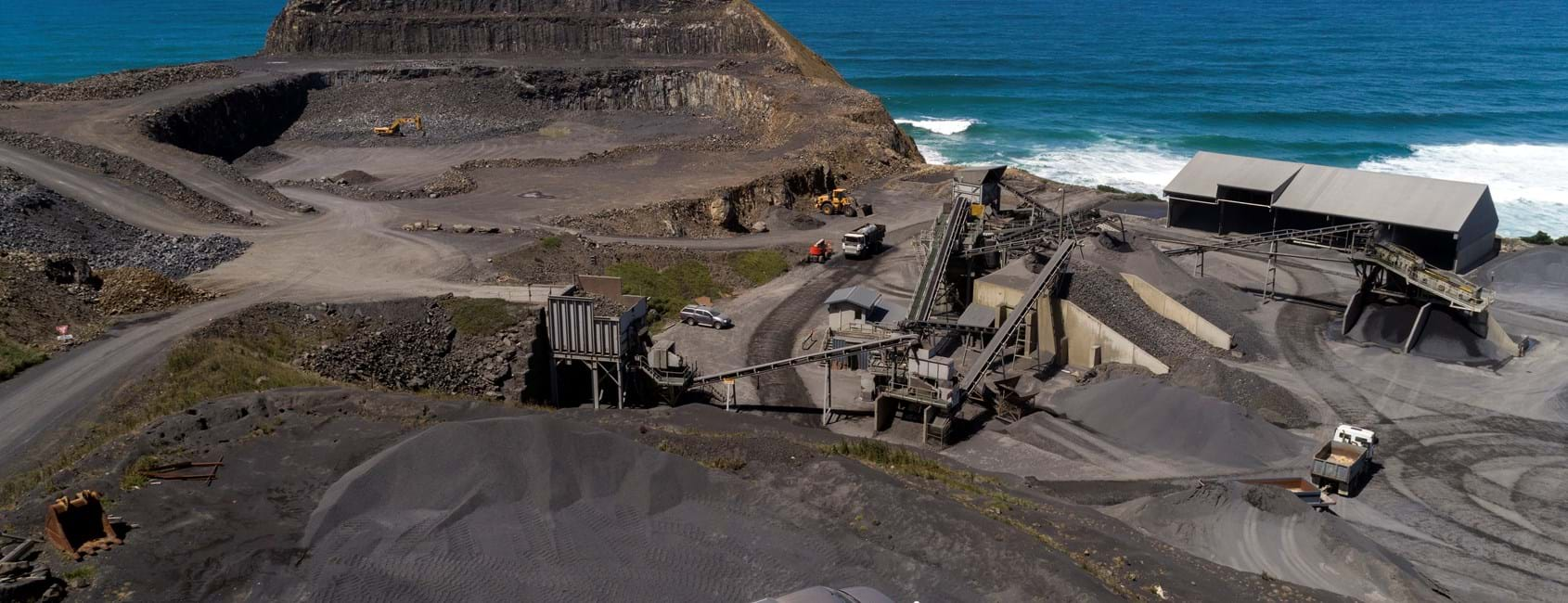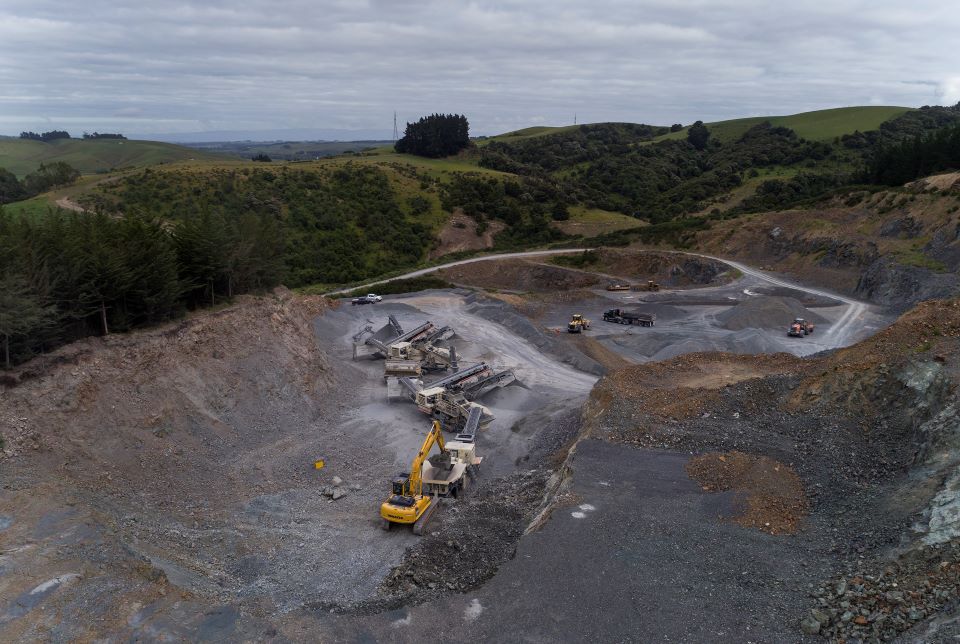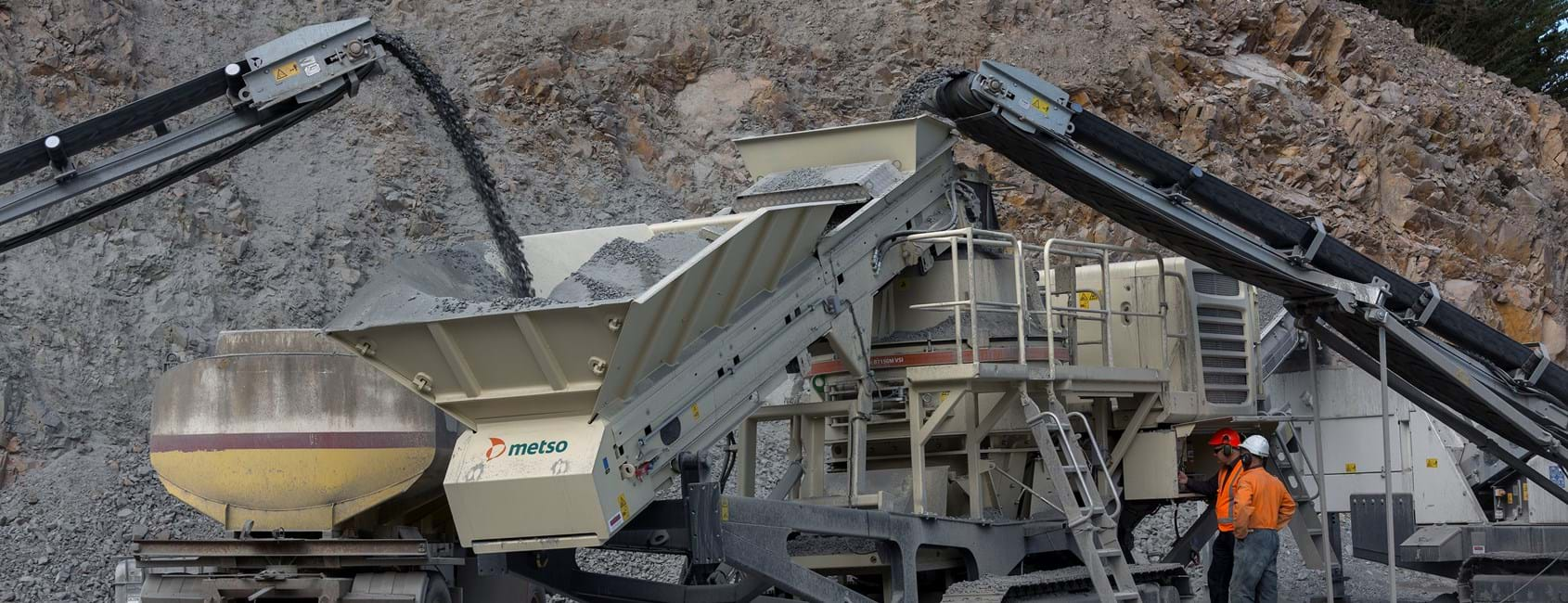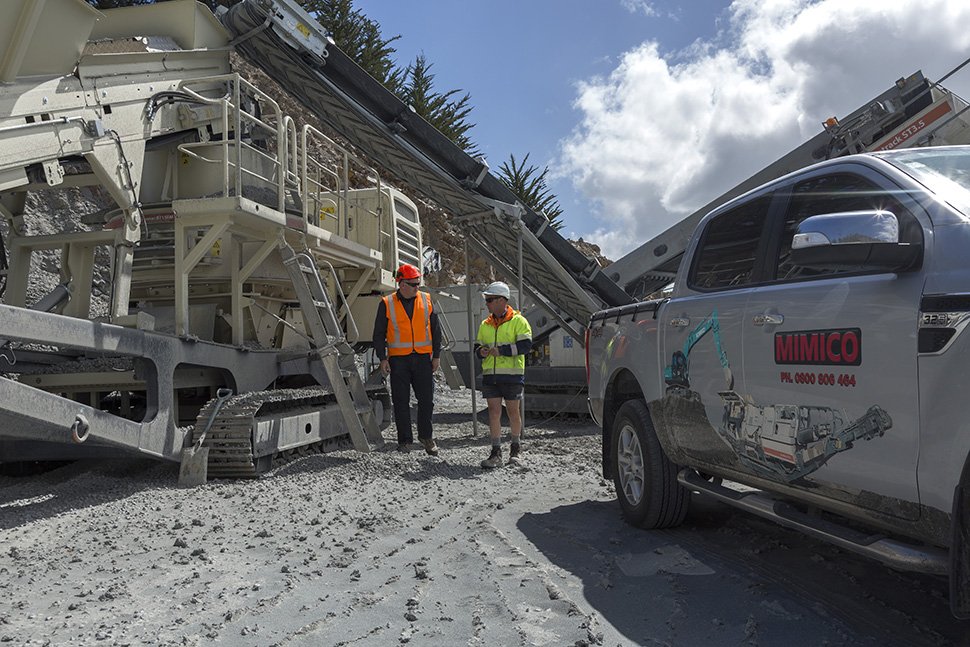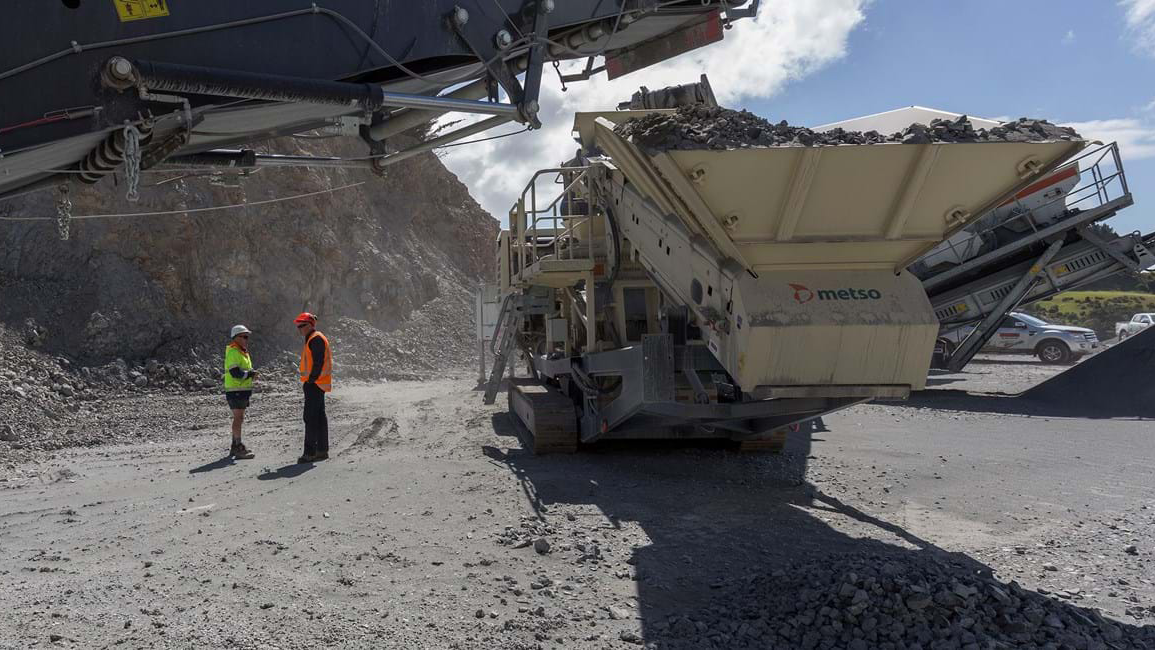Blackhead Quarries experienced the benefits of crushing and screening at the quarry face when it introduced its first mobile crusher in 2005. The company has been growing its fleet of Metso Lokotrack mobile equipment ever since, gradually reducing its reliance on fixed plant.
“You can’t bust a rock without energy and even though it is fuel efficient, the mobile plant uses a lot of diesel – the machines have quite large motors to move them around as well as for processing rock,” said Hunter. “With our move to mobile equipment and reduction in the number of trucks, our diesel usage has remained about the same, but we no longer consume electricity in our fixed plants – so overall, our energy costs have gone down in the order of $100k per annum.” According to Hunter, the reduction in truck usage has also delivered significant benefits in respect to staffing levels, site safety and maintenance costs.
Blackhead Quarries now owns a total of 10 Lokotracks across its sites, and is the largest user of these machines in New Zealand. “Our Lokotrack fleet has become very important to our business,” said Hunter. “Our original LT1213 unit was the first one in New Zealand and is still operating – and now we have more across our quarries. They are the core of our mobile fleet.”
“We bought our first Lokotrack because, at the time, it was the best machine for the job. There weren’t as many options on the market as there are today. While we are always evaluating alternatives, we keep choosing Metso because of the strength of the backup available through MIMICO, the great track record and reliability of Metso equipment, and the quality of product we can produce with Metso machines.”
Going mobile at Balclutha
The company’s most recent addition to its Lokotrack fleet took place in 2017 at its Balclutha quarry, which mostly produces road and construction materials as well as manufactured sand. A significant part of the quarry’s production also feeds the concrete plant next door. The quarry’s demand tends to be seasonal – the Clutha district council for example has an annual road sealing season, and there are periodic maintenance gravel contracts.
Craig Upston, quarry manager at the Balclutha quarry, is a veteran of the industry. Having been with the company for 25 years, he is a third-generation employee.
“The shape of the product is critical for our customers – if we don’t get it right it will be rejected,” he said. “Our Barmac crusher helps us to achieve consistent product shape and quality.” The Metso Barmac vertical impact crusher uses an autogenous (rock-on-rock) crushing method. Its adjustable rotor speed and feed rate give operators precise control of the grade and shape of the final product.
From Upston’s perspective, moving from fixed to mobile plant was a matter of future-proofing the quarry. “We were planning to replace our older Barmac with a new one, and because the market for Balclutha’s product has a lot of ups and downs, being able to move the crusher around to different sites creates better business flexibility,” he said.
The quarry was originally opened some distance from the town of Balclutha, but with the growth of the town bringing suburbia closer to the quarry, the issue of dust has become more of a problem. By eliminating the fixed plant that was close to the road and moving to Lokotrack machines, quarry staff can choose where crushing occurs. The reduction of truck movement and decommissioning of the fixed plant has made it much easier for the company to manage dust.
